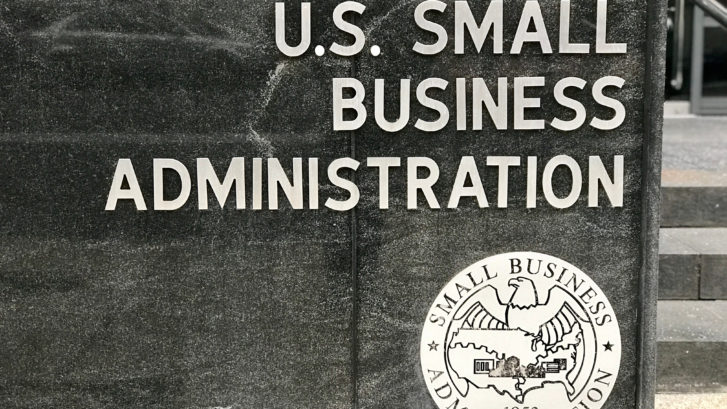By the end of June 2020, the U.S. Small Business Administration had approved nearly 4.9 million Paycheck Protection Program (PPP) loans. Some of the businesses that applied for those loans are either in the process of a “change in ownership” or see the current climate as an opportunity to transfer value to their heirs.
Estate tax exemptions are high, interest rates are low, and business valuations in some cases are at an all-time high. These are all factors that make this an opportune time to evaluate succession issues in your estate plan. It may be a good time to gift ownership interests or complete other ownership transfers.
However, businesses that took out a PPP loan may face hurdles in completing those transactions. Many PPP borrowers will need to notify their lender in advance, and some will need SBA approval before a deal can move forward.
Under SBA guidance, in some cases, when the ownership transfer totals less than 20 percent, no special notices or approvals may be required by the SBA. Borrowers should, however, check their underlying loan documents and recent SBA to determine whether advance notice is required by other parties.
In cases, when an ownership transfer totals between 20 percent and 50 percent, the borrower may be required to provide their PPP lender with advance notice, including copies of the proposed agreement and transaction documentation. In some cases, the guidelines stipulate the PPP lender can approve these transactions without SBA approval.
SBA approval may be required if the sale or transfer is over 50 percent of the common stock or ownership interest. In order to receive approval, the buyer may be required to assume the PPP borrower’s outstanding obligations under the loan. The SBA has 60 days to review such transactions, so consider that in deal timelines.
Again, in some cases, no SBA approval may be required if the borrower has completed a loan forgiveness application and deposited funds into an escrow account equal to the outstanding loan, pending the SBA’s determination of forgiveness.
Be aware that ownership transfer limits set by the SBA are aggregate numbers for transfers that occur during the life of your loan. That means you would still need to provide notification if you gifted 15 percent interest to a family member months before selling another 15 percent interest in a separate transaction.
Before any transitions or transfers, you should consult with your attorney, CPA, Financial Advisor, and Lender.
Author(s)

Stuart J. Oberman, Esq.
Stuart J. Oberman is the founder and President of Oberman Law Firm. Mr. Oberman graduated from Urbana University and received his law degree from John Marshall Law School. Mr. Oberman has been practicing law for over 30 years, and before going into private practice, Mr. Oberman was in-house counsel for a Fortune 500 Company.
Read More =>





